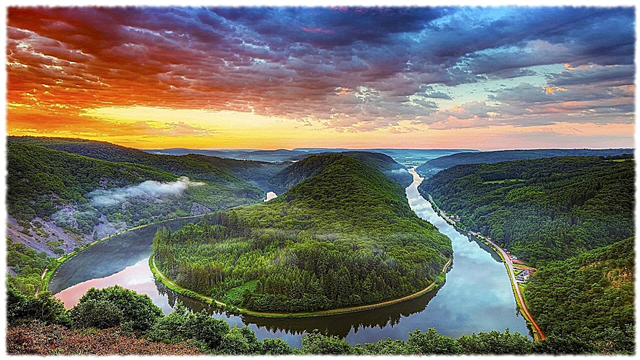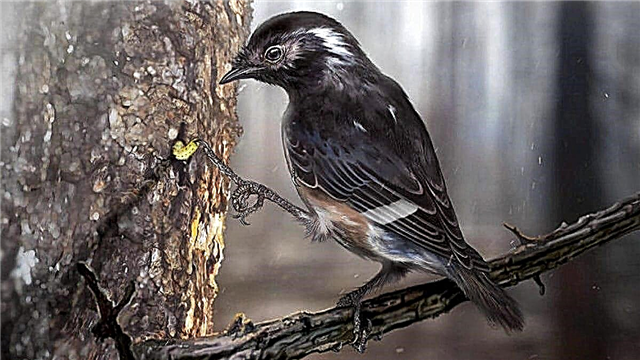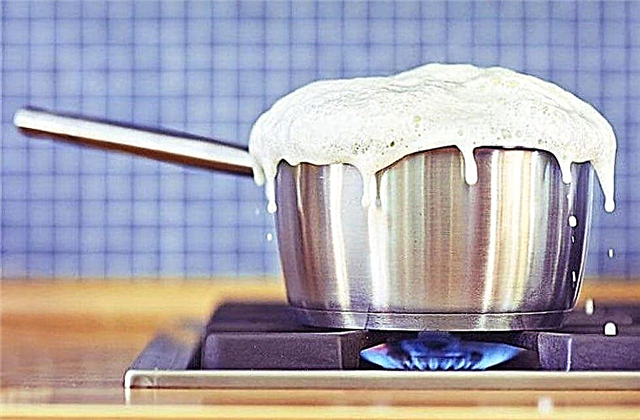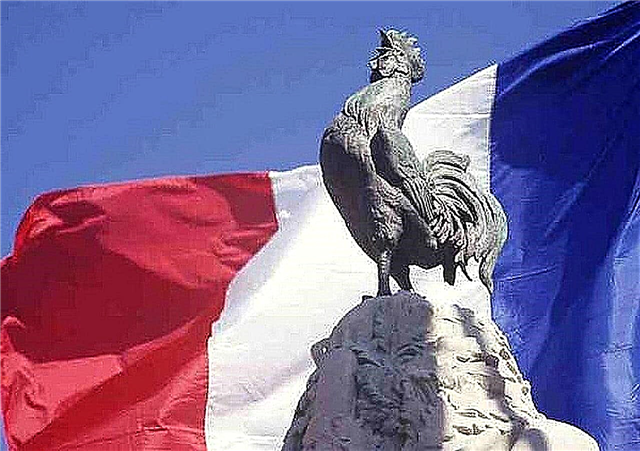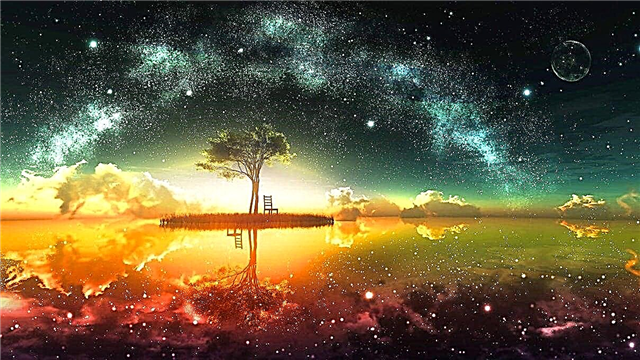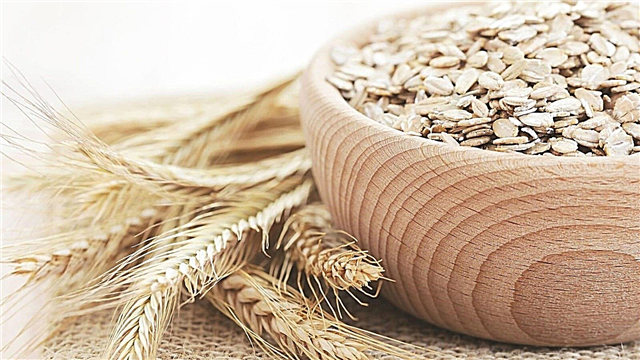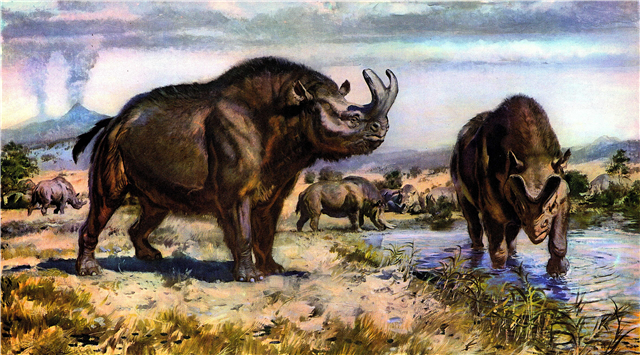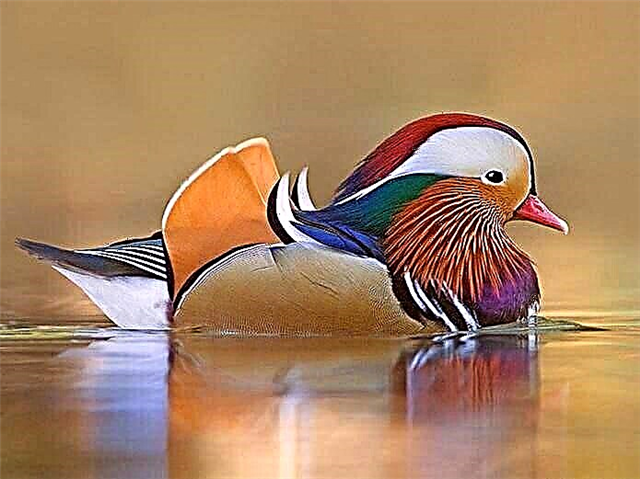
However, life-giving moisture still continues to amaze with its unusual properties. In confirmation of this - interesting facts about water, which will be discussed in today's article.
Water in numbers
Water is the basis of the existence of all living things. Like building material, it connects the cells of organisms of the flora and fauna. The largest ratio of water (99%) is jellyfish, followed by fish with 75%. Among the plants, berries, vegetables and fruits won: watermelons and cucumbers are 96% water, apples - 85%, potatoes - 76%. An adult consists of 65% of extracellular fluid. With age, this level decreases to 50%.
Hydrologists have 1,330 natural varieties of water. Classification is carried out according to its chemical composition, location and genesis (soil, spring, rain, melt).
For the production of a car, 147 972 liters of water are required, manufacture of a smartphone is 909 liters, tailoring of a pair of jeans is 7 570 liters, baking a loaf of bread is 1000 liters, brewing 1 barrel of beer is 5 678 liters, and beef processing is 15 400 liters per kilogram of meat .
The appearance of water
According to one hypothesis, meteorites and asteroids brought the first moisture. Cosmic fluid accumulated in the bowels of the planet. Another theory says that the impetus for the emergence of water on the planet was given by a dense hydrogen atmosphere, which reacted with the oxygen of the earth's mantle.

96.4% of the water reserves are in the oceans, 0.02% - in lakes, rivers and swamps, 1.7% - in underground sources, 1.86% - in snow and glaciers and 0.02% - in precipitation . Water resources make up 1.386 billion km, but only 3.5% are fresh.They are accessible (reserves of the surface layers of the Earth's crust, sediment) and inaccessible (icebergs and covers of mountain peaks). According to the WWF environmental organization, 9 countries have more than 60% of the world's fresh water reserves. These include Brazil, Russia, China, Canada, Indonesia, India, Colombia, Congo and the United States. Finland boasts the cleanest water.
The amazing properties of water
Liquid, vaporous, and solid are far from all the aggregate states of H2O. Hydrologists distinguish 5 types of liquid and 14 types of ice. But when the temperature reaches -120 ° C, the water turns into a viscous substance resembling molasses.
Unlike all substances existing in nature, when freezing, water does not compress, but expands, increasing its volume by 9%. The reason lies in the fact that as the temperature decreases, the liquid molecules move away from each other.
Hot water freezes faster than cold. This fact was mentioned in the writings of Aristotle and Rene Deckard. However, the first report on the unusual phenomenon belongs to physicist Denis Osbourne, who co-authored with a schoolboy from the Republic of Tanganyika Erasto Mpembe. In 1963, a young man noticed that sweet milk turns into ice cream much faster if it is preheated. The nature of the occurrence of the "Mpemba effect" is still unknown.
Water and the state of the human body
According to doctors, the daily dose of water consumed for healthy people is 1.5-2.5 liters. A person feels more comfortable during the day if, after waking up, he drinks 0.5 liters of warm water.But immediately after a hearty meal and in the evening, it is better to limit fluid intake, otherwise it will lead to digestion and swelling upset - both external and internal.
The functions of water in the human body
The main functions of water in the human body are:
- conclusion of slags and toxins;
- joint lubrication;
- improved protein synthesis;
- normalization of metabolic processes;
- body temperature regulation;
- buffering vital organs;
- help in the absorption of vitamins and minerals that come with food.
Insufficient amount of water makes itself felt by tiredness, arrhythmia, headaches, impaired renal function, decreased immunity, skin and hair problems. Loss of more than 10% of life-giving moisture can end in disastrous condition for a person.
Water can not only improve health, but also take it away. About 85% of infectious diseases are transmitted through water.
Today, 748 million people live in areas with a shortage of not only drinking, but also natural water. According to a 2017 UN report, an increase in human waste leads to an inevitable reduction in stocks of invaluable fluid. Already in 2030, scientists expect an increase in demand for underground resources by 40%.
Treat life-giving moisture with care. Even closing the faucet while brushing your teeth will save you up to 30 liters of water daily.

